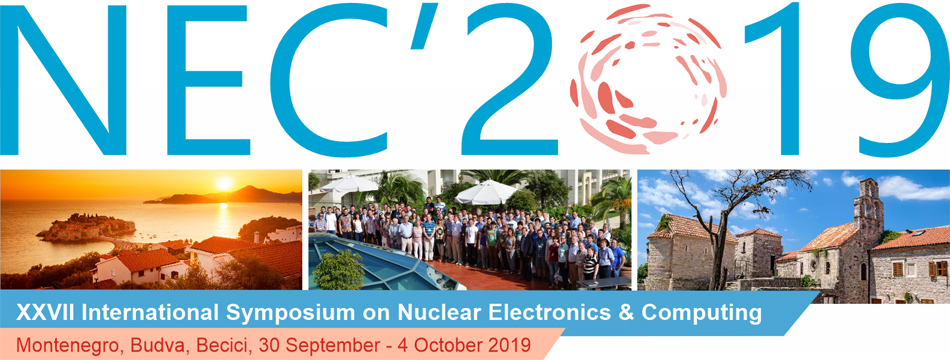Speaker
Dr
Michele Faucci Giannelli
(University of Edinburgh)
Description
The ATLAS physics programme relies on very large samples of simulated events. Most of these samples are produced with GEANT4 which provides a detailed simulation of the ATLAS detector. However, this simulation is time and CPU consuming and the available resources will not allow to keep up the MC production with the luminosity increase foreseen by the LHC. To solve this problem, fast simulation tools are needed to replace the Geant4 base simulation. Unfortunately, the current fast simulation tools used in ATLAS are not accurate enough to be used by all analyses. Hence, the ATLAS collaboration is developing new fast calorimeter simulation tools (FastCaloSim) which use machine learning techniques, such as principal component analysis and deep neural networks. Prototypes for both approaches are being tested and validated; the new FastCaloSim showing a significant improvement in the description of cluster level variables in electromagnetic and hadronic showers over existing tools while the Deep Learning approaches are a promising R&D.
To complement the new FastCaloSim, ATLAS is developing Fast Chain. This provides fast tools for the simulation of the rest of the ATLAS detector and the digitisation and reconstruction of the events.
By combining these tools, ATLAS aims to have the capabilities to simulate the required numbers of events to achieve its physics goals. In this talk, we will describe the new FastCaloSim tool, new deep learning prototypes as well as the status of the ATLAS Fast Chain.
Author
Dr
Michele Faucci Giannelli
(University of Edinburgh)

